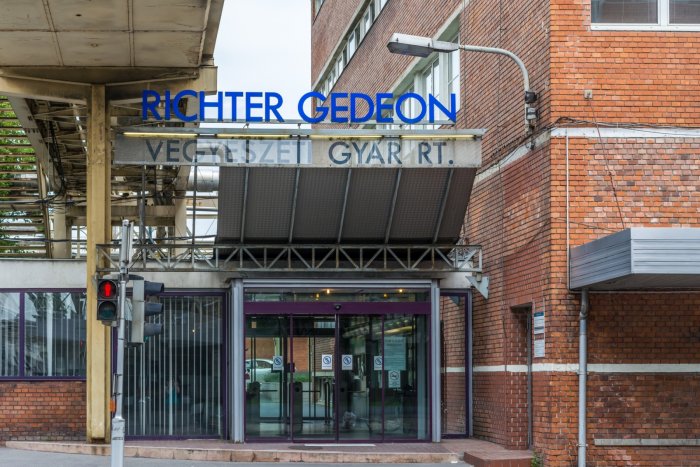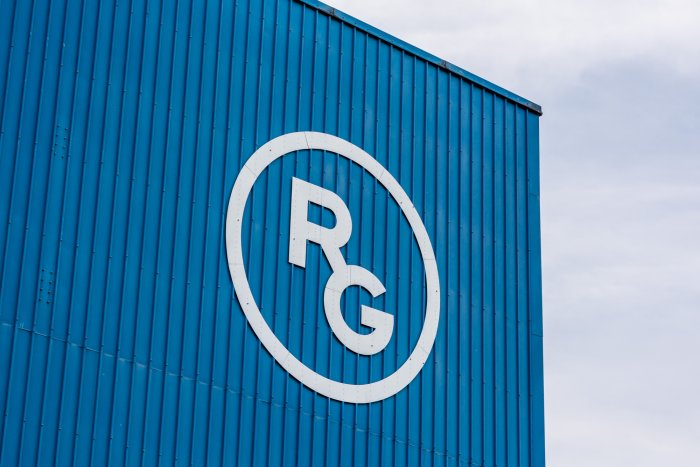Life Sciences Success Stories in Hungary

The Hungarian Investment Promotion Agency (HIPA) talks to the Budapest Business Journal about recent life sciences success stories in the country.
During the past few decades, life sciences have become one of the growth engines for economies worldwide. The aim of many countries is to move towards a knowledge-based economy, combining natural sciences with experiences in IT-related areas and digitalization. The life sciences sector is considered to be among the most technology-driven and solution orientated sectors of the industry.
One of Hungary’s most traditional economic sectors is life sciences, a field that has seen almost 100 years of innovation, highly specialized technical developments and notable exports to the global market. Academic institutions, Hungarian and global players, innovative small- and medium-sized companies strengthen the ties between science and industry to boost the outcome for the country.
The geographic location of the country, combined with highly skilled staff as well as an excellent technical and scientific background, have positioned Hungary as an ideal location to do business on the European life sciences map.
Based on the location and the business environment, Hungary can provide several advantages to life sciences companies. In Hungary, the life sciences industry is diversified and consists of two sub-segments: biotechnology and pharma on one hand, and medical devices on the other.
Pharma, medical devices and biotechnology produce an important and growing share of the Hungarian economy. Eight out of the global top ten pharma and biotech companies have manufacturing or R&D activities in Hungary. In 2017, more than 48,000 people were employed here by pharma and medical device companies.
Economic Flagship
The pharmaceutical industry has always been one of the flagships of the Hungarian national economy. Pharmaceutical companies contributed 6.8% of the total manufacturing value in 2017. The four largest manufacturing bases (Richter, Teva, Egis, and Sanofi-Aventis) performed 85-90% of the total production and export activities of the industry. Within total Hungarian industrial R&D activity, 40-45% comes from the pharmaceutical industry. In 2017, the total amount of R&D expenditures of the pharma industry reached HUF 67 billion.
The manufacturing of medical devices is another traditional sector of the Hungarian economy where there are some 150 strongly export-driven Hungarian SMEs: the export ratio exceeds 90%. These flagship companies have a special role and characteristics, e.g.: flexibility, innovation, and strong export capability.
Although biotechnology is a relatively young science, its related industries and research fields have longstanding traditions in Hungary, giving companies access to a deep knowledge-base.
The continuous development of life sciences is supported by a network of academic research expertise. Academic institutions provide the sector with well-trained people, representing a strong pillar of Hungary’s educational system. In 2017, the total number of life science students at universities amounted to more than 24,300 and 3,700 students graduated.
The Hungarian labor force is well qualified and cost effective, which increases the country’s international competitiveness. In addition to that, the large number of high quality research institutions is a testament to Hungary’s traditional strengths in science and technology. There are four main centers of R&D which are connected to universities famous for medical and health sciences: Budapest, Debrecen, Szeged and Pécs.
Hungary can offer an attractive environment for investment and R&D activities within the network of scientific centers, enabling cutting-edge technologies and continuously growing business opportunities. Highly educated professionals, a rich tradition in natural, technical and medical sciences, an advantageous geographic setting and a supportive business environment for investment have been the key drivers to make Hungary a favorable location for life science investments.
One-stop Shop
HIPA provides professional consulting services to life-science companies free of charge in a one-stop-shop service model, giving information on the business environment, supporting them in selecting a business location, providing tailor-made incentive offers and information on state subsidy issues and dealing with public authorities.
During the last year, HIPA was involved in significant investment decisions in favor of Hungary in this field. Leading contact lens manufacturer CooperVision has announced further expansion plans in Gyál (23 km southeast of the center of Budapest). As a result of a EUR 24 million investment, the U.S. company will establish a new distribution center, double its capacity from 600 million contact lenses to 1.2 billion per year, and implement new IT systems that will make the Hungarian location one of its most advanced, state-of-the-art facilities globally.
Following its recent expansion, German healthcare company, B. Braun employs more than 2,000 people in Hungary. Based on its new investment plan, the factory in Gyöngyös (78 km northeast of the capital) will double the capacity of medical devices manufactured. Besides the expansion, significant research and development activities and technological development is managed by the company. Outside of Germany, Hungary is the only location where B. Braun has established and operates a software-development center. The company was a pioneer in 1991 in starting the establishment of modern dialysis care in the country and currently operates 18 dialysis centers countrywide, providing treatment to 2,500 chronic patients.
Well recognized names in the pharma sector such as Gedeon Richter and EGIS continue to expand their production in the countryside of Hungary. Leading animal vaccine producer, CEVA-Phylaxia, established in 1912 in Budapest, export 95% of its production worldwide. During the last two years, GSK invested more than EUR 55 mln in Hungary. These investments help to secure the long-term supply of vaccines to meet global demand and improve the technology on site with 110 newly created jobs.
Investment Incentives
One of the main aims of Hungarian government is to increase the competitiveness of the national economy. The corporate income tax rate (CIT) has been lowered to 9% in Hungary, the lowest rate in the European Union. Alongside the regulatory tools that contribute to the competitive business environment of local companies, Hungary offers a wide range of incentives to facilitate investments and reinvestments by life science companies. Subsidies may be granted as regional aid or specific aid, such as R&D subsidies.
As of January 2017, a new incentive scheme was introduced by HIPA to support the industrial research and experimental development activities of large life science companies throughout Hungary, including Budapest. The aim of the new R&D cash subsidy-scheme is to promote the establishment of new R&D centers, besides supporting companies already performing R&D activities in Hungary.
HIPA has also established a new non-refundable subsidy scheme to support companies considering technology-intensive investments without the requirement to create new jobs, provided that the company commits to increase productivity within a four year period. The aim of the incentive is to implement new technologies that bring companies to the next level in their field of activity.
SUPPORT THE BUDAPEST BUSINESS JOURNAL
Producing journalism that is worthy of the name is a costly business. For 27 years, the publishers, editors and reporters of the Budapest Business Journal have striven to bring you business news that works, information that you can trust, that is factual, accurate and presented without fear or favor.
Newspaper organizations across the globe have struggled to find a business model that allows them to continue to excel, without compromising their ability to perform. Most recently, some have experimented with the idea of involving their most important stakeholders, their readers.
We would like to offer that same opportunity to our readers. We would like to invite you to help us deliver the quality business journalism you require. Hit our Support the BBJ button and you can choose the how much and how often you send us your contributions.








